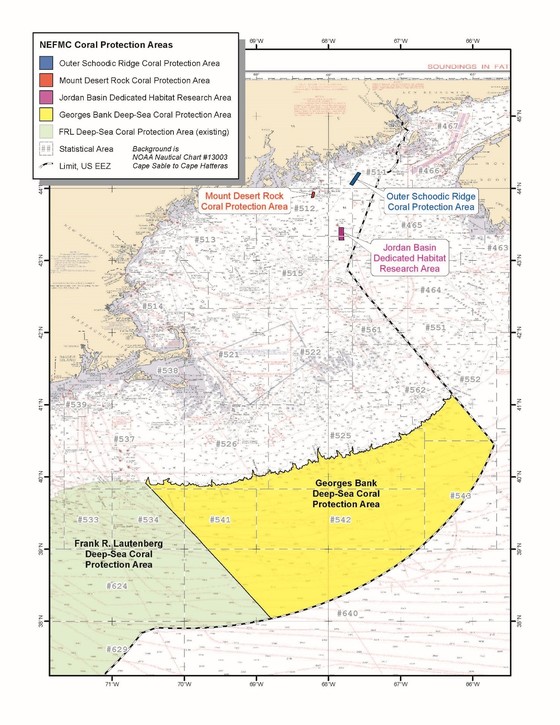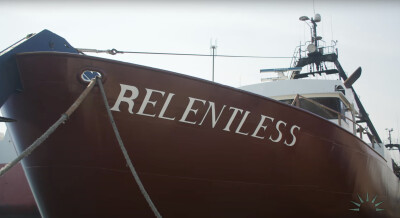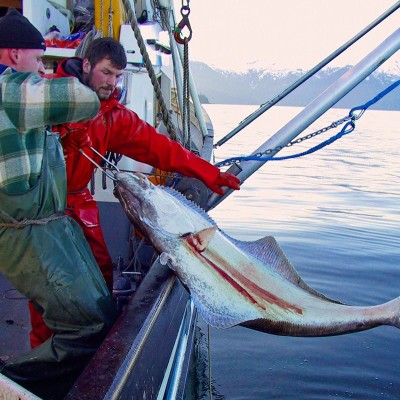A final rule setting aside coral protection areas on Georges Bank and in the Gulf of Maine was finalized Monday by NMFS, prohibiting the use of bottom-tending fishing gear with exceptions for red crab pots on Georges and lobster pots in the gulf.
The rule was developed by the New England Fishery Management Council after years of consideration with public comment and debate over balancing protection with sustainable long-term fisheries uses. Northeast cold-water corals are an important part of habitat for many fish and invertebrate species, including commercially important fish, according to NMFS.
The Mid-Atlantic Fishery Management Council went through a similar process before establishing the Frank R. Lautenberg Deep-Sea Coral Protection Area – named for the late New Jersey senator, a sponsor of ocean environmental legislation – in January 2017. The new Georges Bank protection area abuts the northeast edge of that zone on the outer continental shelf.
The Georges Bank Deep-Sea Coral Protection Area runs along the outer continental shelf in waters no shallower than 600 meters (1,968 feet) and extends to the outer limit of U.S. exclusive economic zone boundary to the east and north. The rule restricts use of bottom-tending commercial fishing gear to protect deep-sea corals from damage. Red crab pot gear is specifically exempt from the prohibition.
In the Gulf of Maine, the rule sets aside the Designates the Mount Desert Rock Coral Protection Area in an 8-square-mile area southwest of Mount Desert Rock about 20 nautical miles south of Mount Desert Island, Maine.
The area lies in depths for 300 to 600 feet, where bottom-tending mobile gear is now prohibited. Lobster trap gear is still permitted there.
The gulf coral protections extend to the Outer Schoodic Ridge Coral Protection Area, a 31-square-mile area on the Outer Schoodic Ridge roughly 25 nautical miles southeast of Mount Desert Island. Depths there range from 340 feet to 800 feet, where mobile bottom tending gear is prohibited while the lobster trap fishery can continue.
Other aspects in the rule:
• Establish provisions for vessels transiting through the coral protection areas.
• Designate the Jordan Basin Dedicated Habitat Research Area, an area in Jordan Basin in the Gulf of Maine as a dedicated habitat research area.
• Expand framework adjustment provisions in the New England Fishery Management Plans for future modifications to the deep-sea coral protection measures.







